Blog
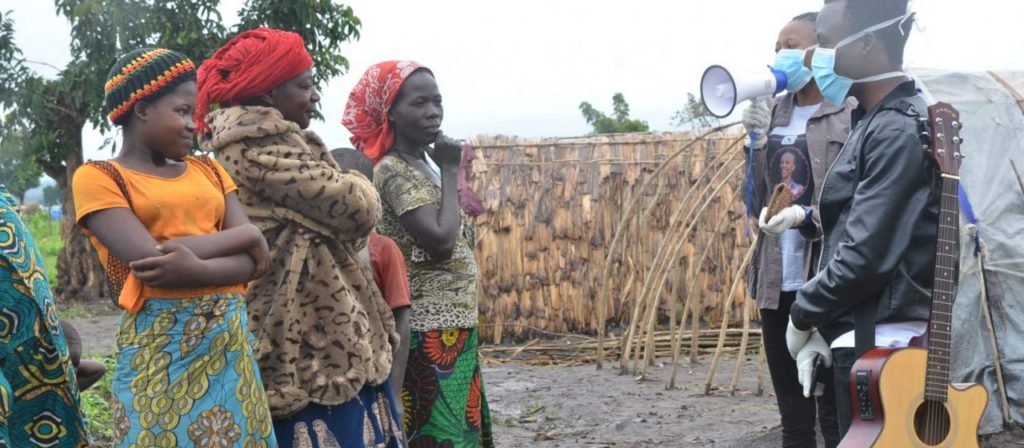
The Impact of COVID-19 on the Poor and Vulnerable in Kenya
The COVID-19 has now spread to every country in Africa, as of August 28, 2020, there are 1,220,511 confirmed infections, 28,850 deaths, and 953,643 recoveries across the continent. In Kenya,…
Read →
Prospects for Building Fiscal Buffers to Manage Unprecedented Shocks in Nigeria
The outbreak of the Coronavirus (Covid-19) pandemic was accompanied by an unprecedented shock, with colossal impact on economic activities worldwide. One of the major effects is the global economic lock-down…
Read →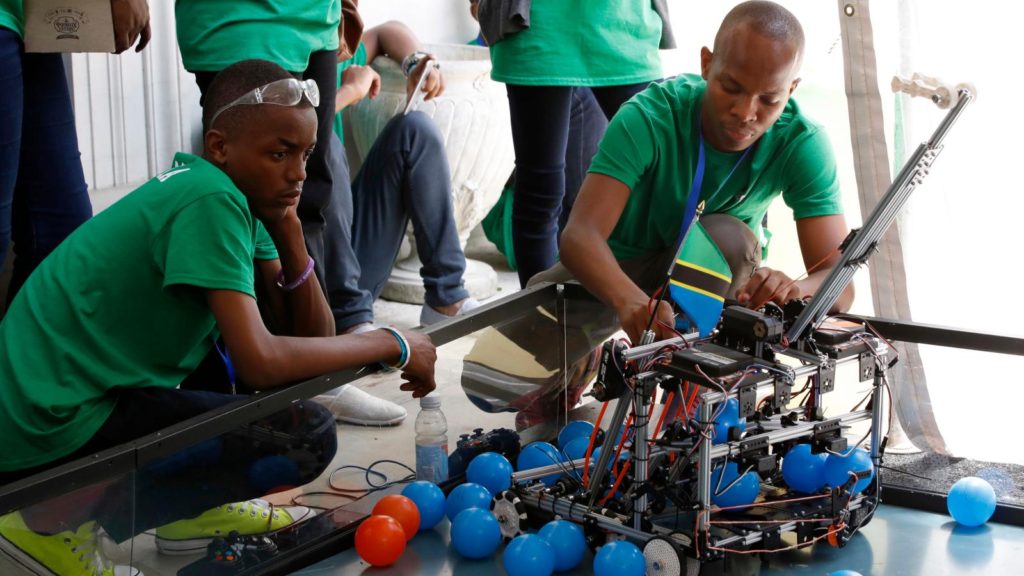
Assessing Africa’s digital response strategy to Covid-19
Digital technologies have proven to be a crucial factor in the fight against covid-19, and response strategies to reduce the social and economic impacts of the pandemic. With the restriction…
Read →
Are agriculture and economic development still antithetical? Reflections for a post-COVID recovery plan
If evidence were still required, the coronavirus pandemic and the consequent nosedive of oil prices has once more reminded us of the shortcomings of Nigeria’s oil dependence. Despite decades of…
Read →
COVID-19 and the Shrinking Fiscal Space for Education in Nigeria
The immediate costs of the coronavirus (COVID-19) pandemic on education in Nigeria are evident. With school closures that have persisted for ten weeks, students – especially the most vulnerable, are missing…
Read →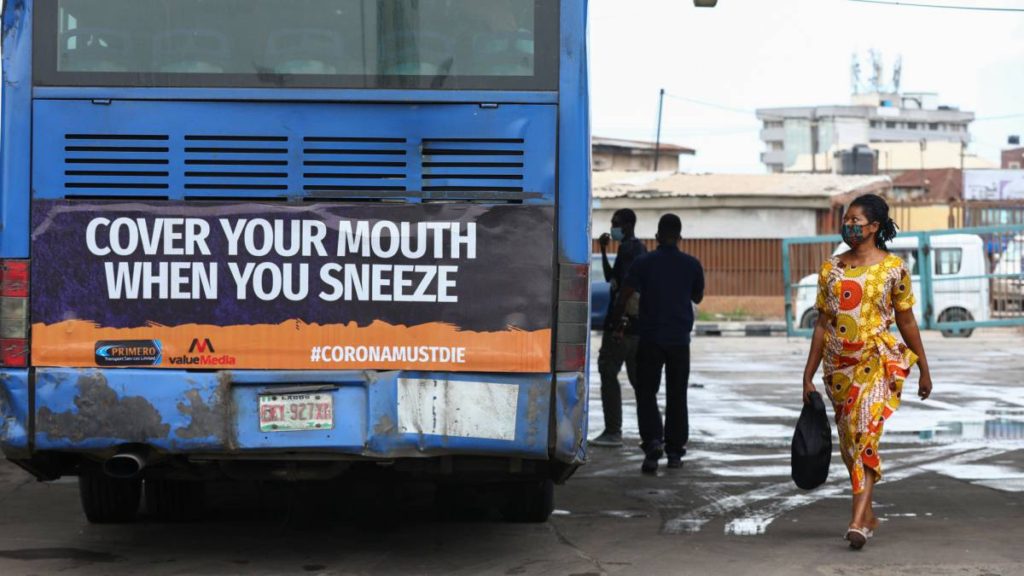
Covid-19: Opportunity for reflecting on prospects for inclusive growth in Nigeria
There is huge uncertainty regarding the extent to which the current coronavirus pandemic would impact globalization and economic growth in the near future. Some experts have predicted an initial decline…
Read →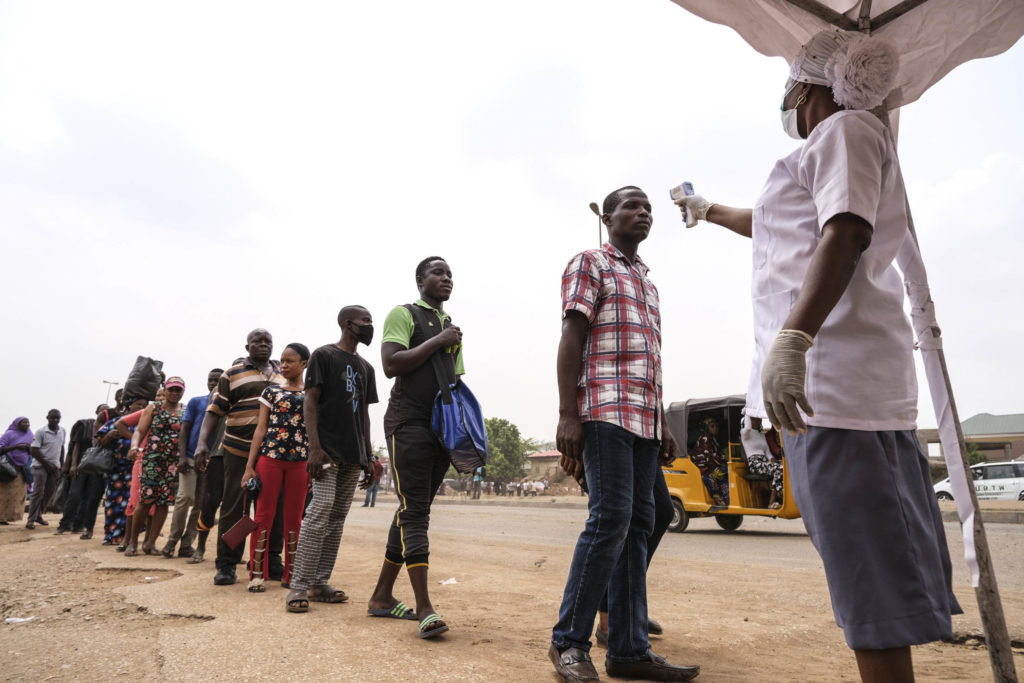
The Impact of Covid-19 on Africa’s Pre-Existing Vulnerabilities
The COVID-19 pandemic has had devasting effects in many countries across the globe, affecting every aspect of humanity. The scale of the crisis was unprecedented, with both developed and developing…
Read →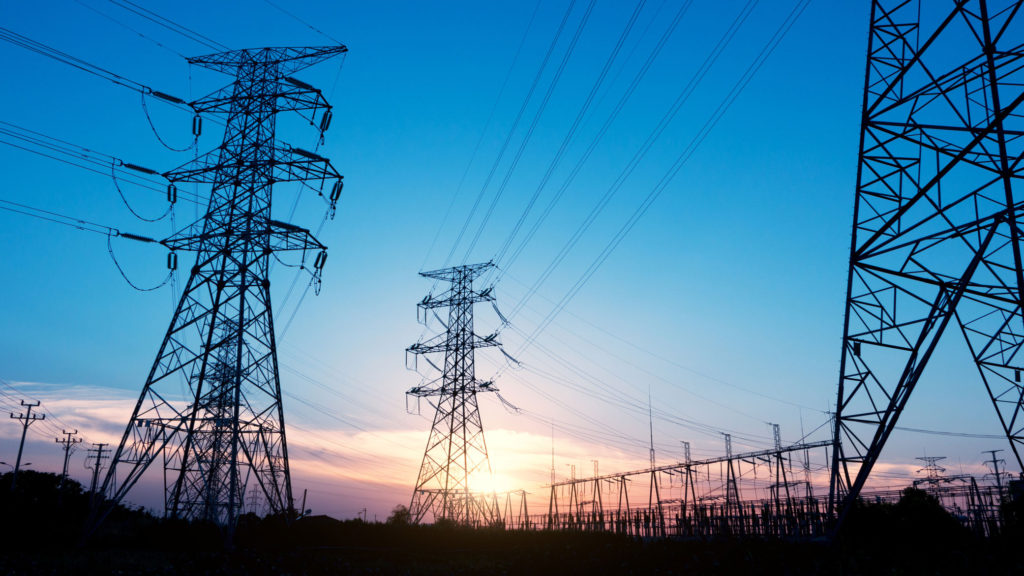
Six Ways To Improve Nigeria’s Crumbling Transmission Network
Context: Nigeria’s transmission network has long been a weak link in the country’s electricity value chain. Despite recent improvements, the Transmission Company of Nigeria (TCN) has never dispatched more than 5.4GW…
Read →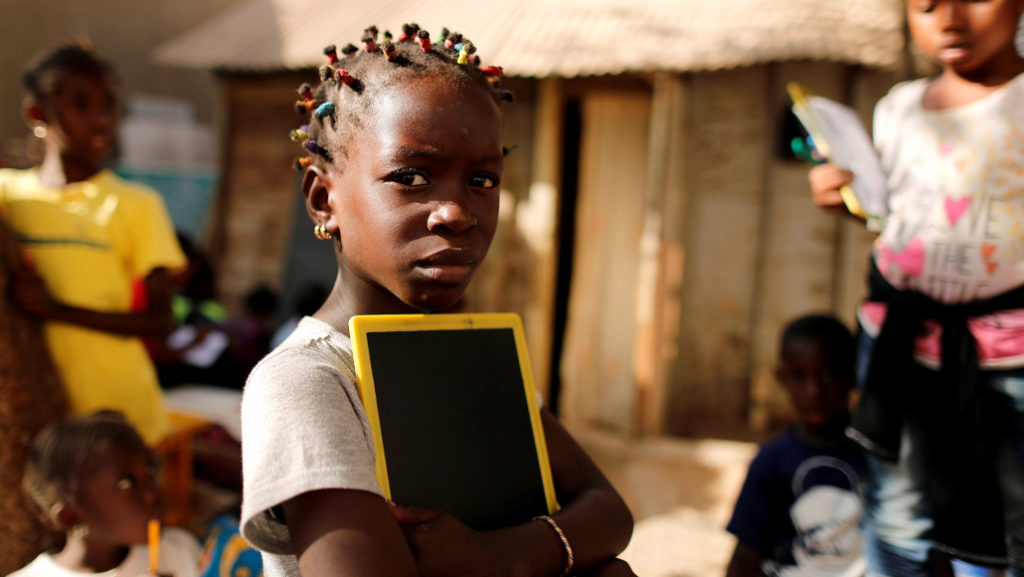
Ensuring learning continuity for every African child in the time of COVID-19
Due to the COVID-19 pandemic, over 250 million primary and secondary children are out of school in Africa. If schools only reopen when normalcy returns, which is estimated to be in 2021…
Read →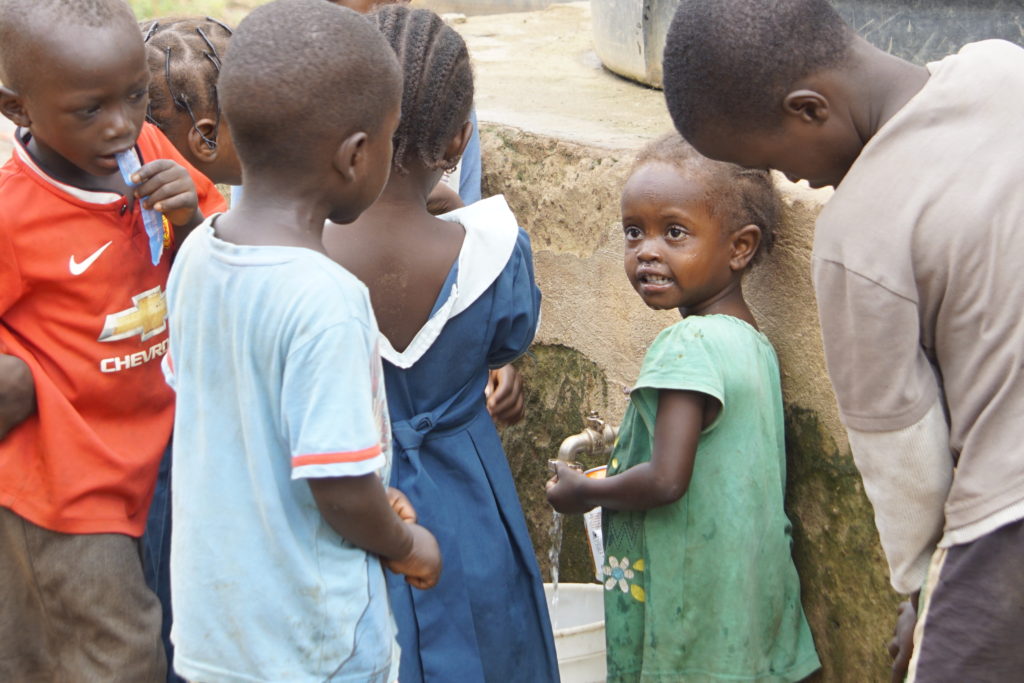
The Special Education Needs Of Violence-Induced Out-Of-School Children In Nigeria
The rise of Boko Haram has plunged North Eastern Nigeria, and particularly Borno State, deeper into educational crisis. While rebuilding infrastructure is already underway, and is certainly a good step,…
Read →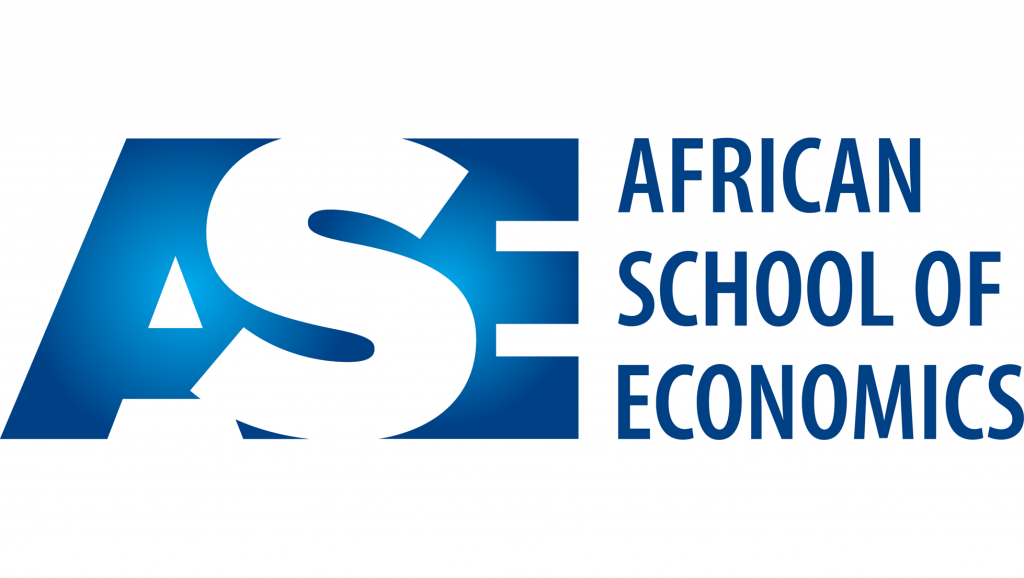
Pan-African Scientific Research Council: Call for Expression of Interest
The COVID-19 pandemic has revealed the stark need for African institutions of higher education that can efficiently generate and transmit knowledge in times of crisis. Now more than ever, scientists…
Download ↓ Read →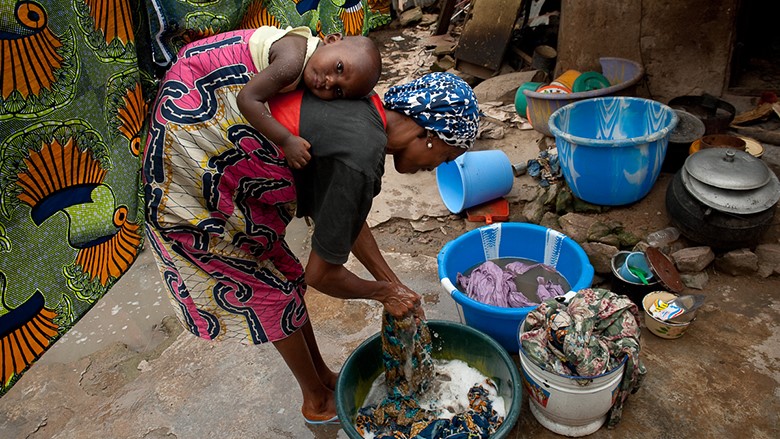
Some thoughts on new poverty numbers in Nigeria
With the recent release of the 2018/2019 Harmonized Nigeria Living Standard Survey (HNLS), the true scale and scope of poverty in Nigeria will become clearer. When the World Data Lab’s…
Read →
Why Effective Communication Is Fundamental To The Fight Against Covid 19 In Nigeria
The odds are that the world will defeat the Covid-19 pandemic in the end – prospects of an eventual vaccine are promising; and fatality rates, while devastating, have remained on…
Read →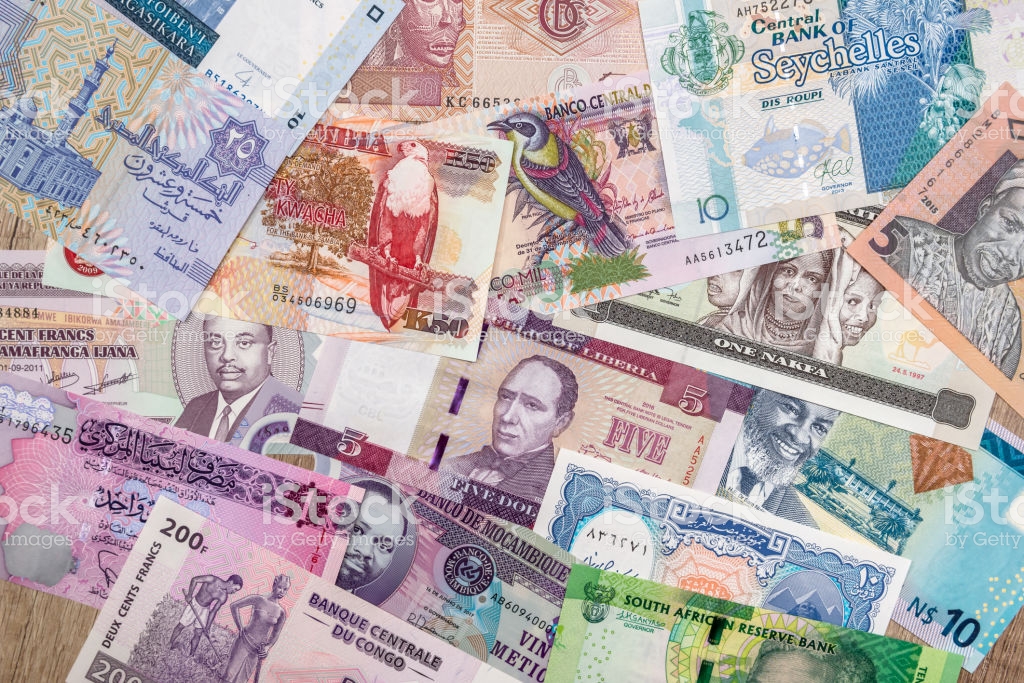
The case for debt relief in Africa amid COVID-19
As the world grapples with the COVID-19 pandemic, countries are putting in place significant fiscal policy measures to counteract the sudden stop in economic activities. These spending plans aim to…
Read →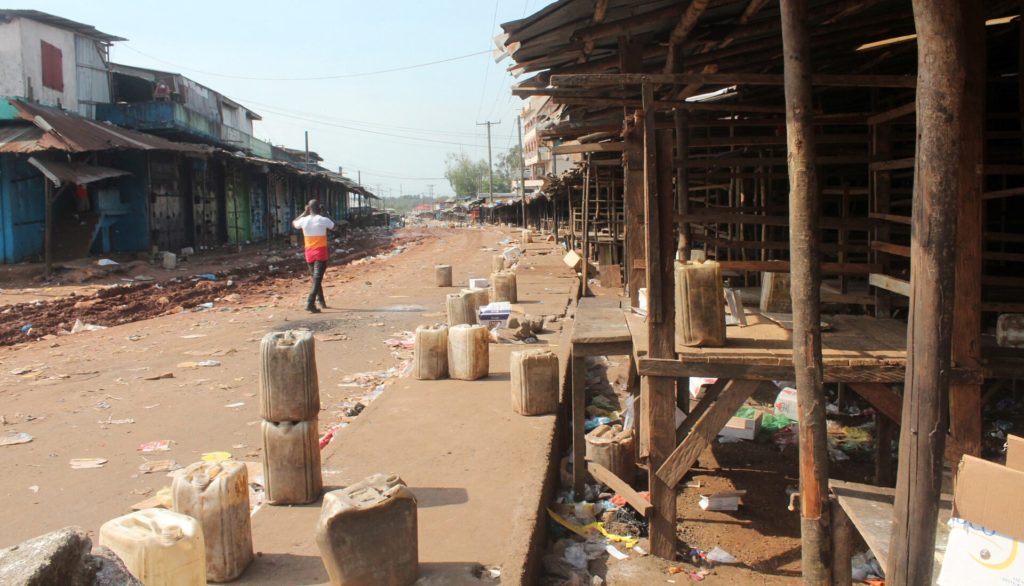
COVID 19 and the Informal Sector in Nigeria: The Socio-Economic Cost Implications
As the world is currently being ravaged by the COVID-19 pandemic, nations are grappling with how to contain the spread and limit its effect with their borders. Nigeria, Africa’s most…
Read →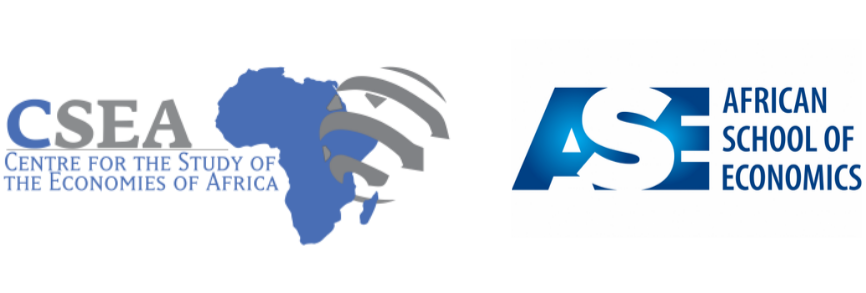
CSEA, ASE, Join Global Experts, Leaders, to Issue G20 Call to Action on World Response To Covid-19
The Centre for the Study of the Economies of Africa (CSEA) and The African School of Economics (ASE), recently lent their voices to two separate appeals to developed countries of…
Read →